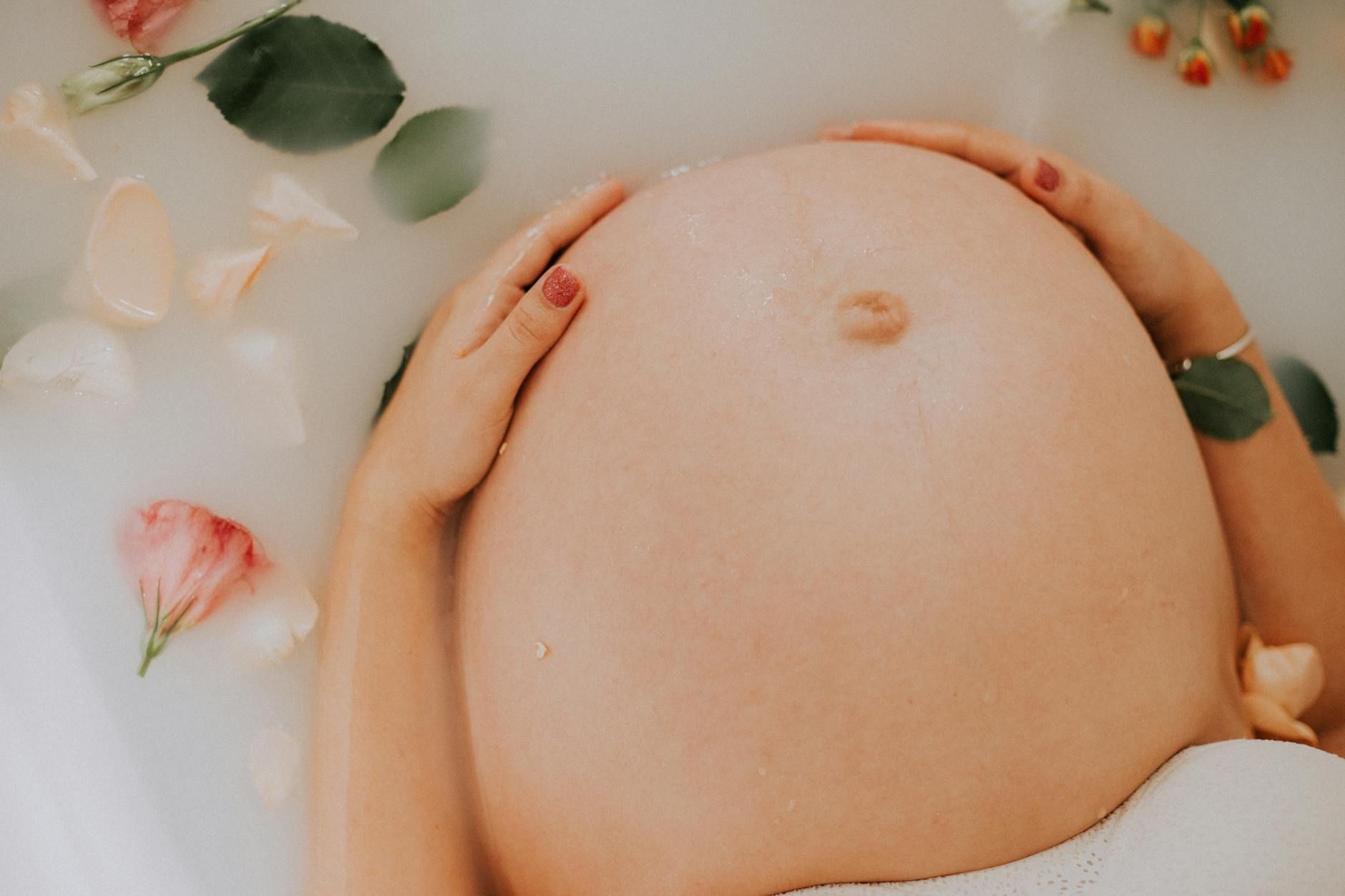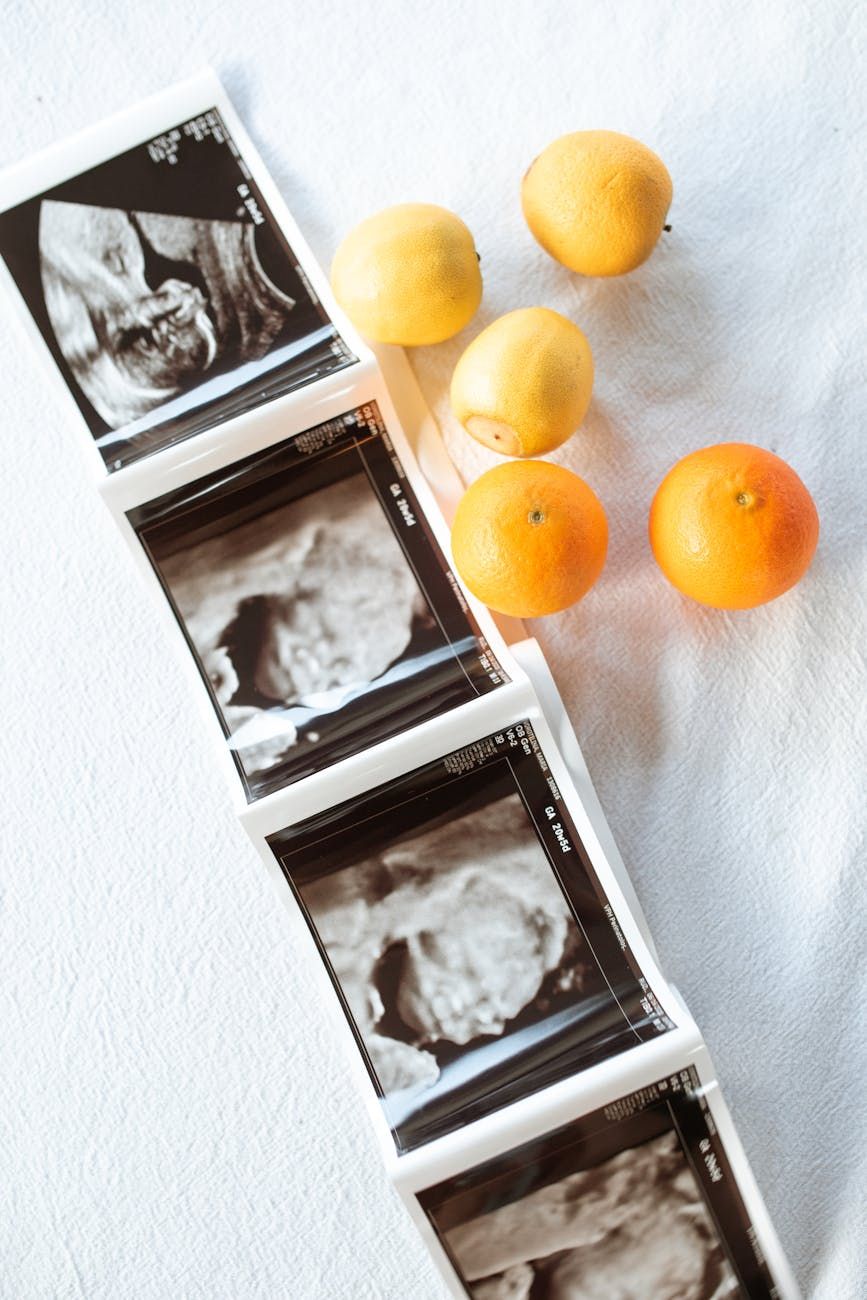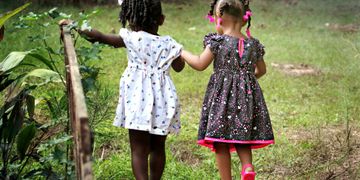Your Baby Can Hear You in the Womb: Fascinating Facts About Infant Hearing Development



During pregnancy, there are incredible wonders happening inside the womb that contribute to the development of your baby. One of the fascinating aspects of fetal development is the ability of your baby to hear sounds while still in the womb. This article explores the marvels of infant hearing development and how it shapes the bond between a mother and her baby.
From around the 18th week of pregnancy, a baby's ears begin to develop, and by the 25th week, the auditory system is fully formed. Interestingly, the first sound a baby hears is the rhythmic beating of their mother's heart. As the pregnancy progresses, the baby becomes more attuned to external sounds, including the mother's voice, which they can start to recognize by the third trimester.
Research has shown that babies are not only capable of hearing while in the womb but also responding to sounds. Studies indicate that fetuses can detect and react to sounds such as music, noises, and even voices. This early exposure to sounds plays a crucial role in the development of the auditory perception and sets the foundation for the baby's sensory development after birth.
Womb sounds are not only limited to external noises; the baby is also surrounded by a symphony of internal sounds, including the mother's breathing and the gurgling of her stomach. These familiar sounds create a sense of security and comfort for the baby and help regulate their sleep-wake cycles.
Communication with your baby during pregnancy is not only a one-way street. While the baby is listening to your voice and other sounds, they are also capable of responding in their own way. For example, mothers often report feeling their baby react to loud noises or music by kicking or moving more vigorously.
The bond between a mother and her baby is further strengthened through this auditory connection. The mother's voice, in particular, has a special significance as the baby can differentiate it from other voices shortly after birth. Hearing the familiar sound of the mother's voice has a calming effect on the baby and helps in building a sense of security and attachment.
Scientific research continues to uncover the mysteries of prenatal growth and the impact of early sensory experiences on a baby's development. Understanding the significance of a baby's hearing in the womb highlights the importance of creating a nurturing environment for the baby even before they are born.
In conclusion, the ability of a baby to hear and respond to sounds in the womb is a remarkable aspect of fetal development. The auditory connection between a mother and her baby lays the foundation for communication, bonding, and sensory development. By being mindful of the sounds and environment during pregnancy, parents can contribute to the overall well-being and development of their baby.





